| Content | There are numerous ways for man to achieve guidance and emerge from darkness and move towards light.
Allah says in the Holy Quran in 41:53
‘Soon will We show them our Signs in the (furthest) regions (of the earth), and in their own souls, until it becomes manifest to them that this is the Truth.’
Thus Allah uses different means to guide us to the right path; which can be termed as the ‘Light’
One of such methods is through stories.
The Holy Quran is full of stories of past Prophets and previous nations. In fact one of the chapters of the Holy Quran is called ‘Al Qasas’- The Narratives.
Through these stories, people can comprehend and distinguish the paths of progress and regress, and ascent and descent in every field, especially morals.
In fact, during the entire period of his prophet hood, the Noble Prophet , with regards to refinement of souls and perfection of morals, was an exemplar in speech and deed, and had (even) said, “I have been sent (as a Prophet) for (the purpose of) perfecting morals.”
Man’s problem lies in his disregard for virtues, acquisition of vices, and inclination towards lust and obedience to Shaitan. Some men stoop so low that they even lead their lives akin to animals. For the purpose of refinement and treatment of human morals, abatement of rebelliousness and controlling the natural disposition, the Noble Prophet spared no effort and mentioned all that was necessary in this regard.
Anecdotes of Reflection II is a continuation of the book Anecdotes of Reflection I.
This book aims to outline different stories, which have a moral lesson for the reader to take benefit from.
It is hoped that the readers, after going through the stories and narratives, reflect upon and take lessons from them so that they are able to create within themselves, a new impetus towards perfection of morals; and God Willing, those who are endowed with laudable morals, should relate them to others, for rectification and remedy of the weaker souls.
HEAVILY SUBSIDIZED BY IEB OF WORLD FEDERATION | This book is a translation from French thesis published by The Research Committee of Strasbourg, France, about the contribution made by Imam Jafar as-Sadiq (as) to science, philosophy, literature and irfan (Gnosticism)
Heavily subsidized by www.wabil.com
NOT TO BE RESOLD AT HIGHER PRICE | This work contains a number of speeches, articles, books, and question-and-answer sessions of the erudite professor, Haḍrat Ayatullah Muhammad Taqi Misbah Yazdi (may his sublime presence endure), which have been compiled, edited and published by the author on the subject of Wilayat al-Faqih. We believe that in the current status of our society, wilayat al-faqih constitutes the central pillar of Islam, and its safety contributes to the splendor of Islam and Islamic laws and values in the society. As such, we have decided to elucidate this theory, support it academically and logically, and enlighten the general public, particularly the young generation of our country who probably know very little about this theory and its ramifications, and thus discharge a small part of our religious duty. Likewise, we have tried to deal with all the aspects of this theory to address the subjects which we find significant and controversial. However, things like the brevity of content and the readers’ patience and the time that they have been taken into account as far as possible.
HEAVILY SUBSIDIZED BY WWW.ISLAMICTHOUGHT.CO.UK | This text presents an analysis of polytheism with respect to God and idols, using the Holy Quran as reference. It also studies idolatry with respect to resurrection and refutes that concept logically while explaining the essence of monotheism.
HEAVILY SUBSIDIZED BY WWW.ISLAMICTHOUGHT.CO.UK | Class 3 Fiqh by Majlis-e-Ulama Shia folder is used by most centres in UK. Topics covered (1) Furoo e deen (2) Concept of sin (3) Islamic terminology (4) Wudhu (5) Adhaan & Iqaamah (6) Salaah (7) Zakaat (8) Khumus (9) Hijaab (10) Ramadhan (11) Hajj. One of the best best Madressa available in English.
HEAVILY SUBSIDIZED BY WWW.ISLAMICTHOUGHT.CO.UK | This book Shi`ah Advanced Seminary Its Phases, development and characteristics, takes you through a journey how the Hawza system work. Topics covered 1 History of two Hawzahs 2 Style 3 Hawzah flexibility 4 Political independence 5 Economic independence 6 spiritual independence 7 First to third phase 8 Powerful education system
HEAVILY SUBSIDIZED BY WWW.ISLAMICTHOUGHT.CO.UK
|

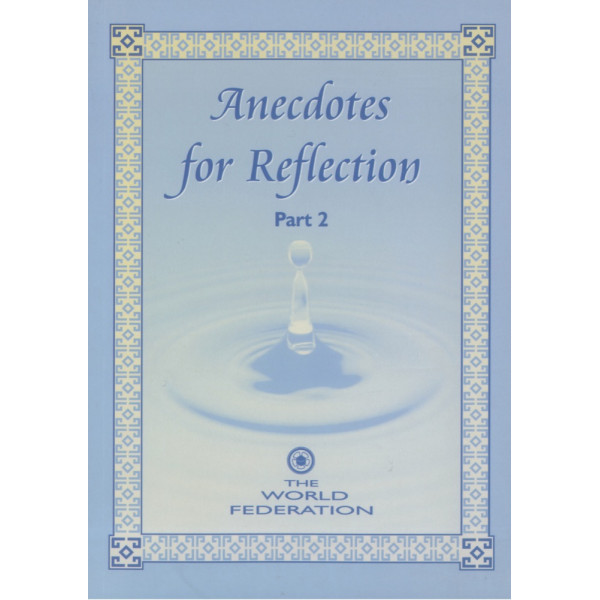
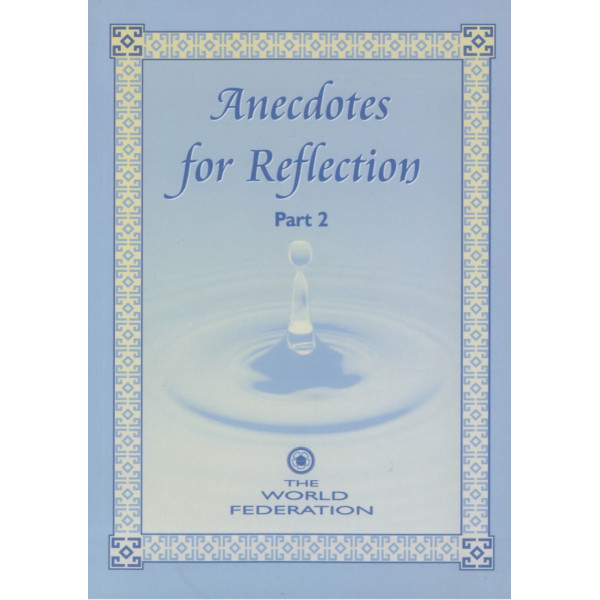

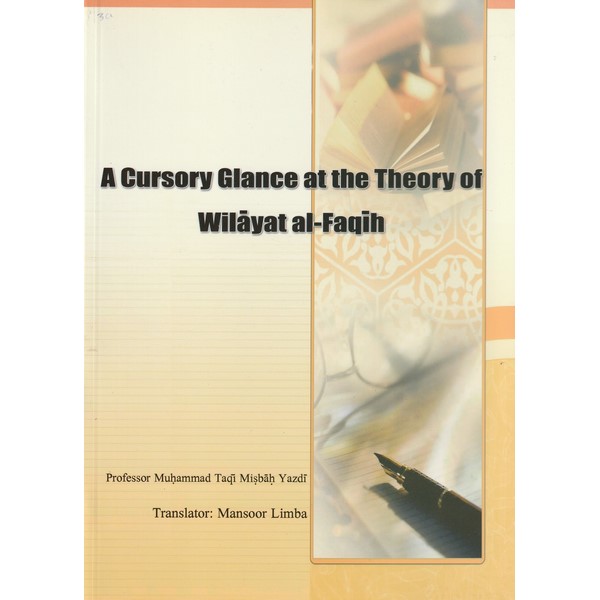
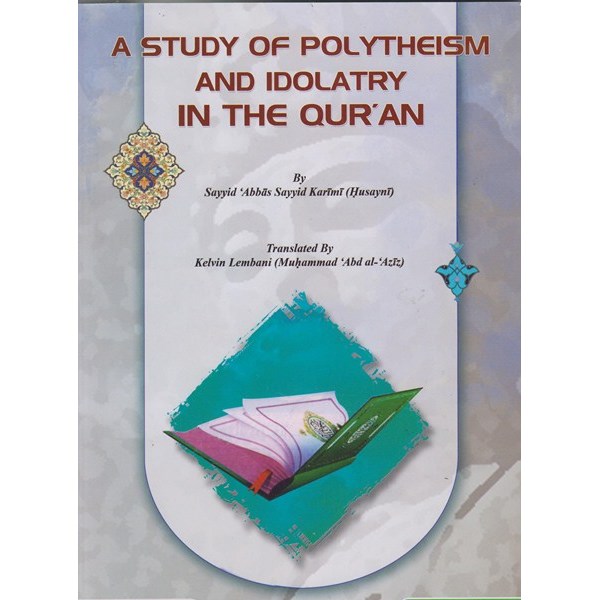



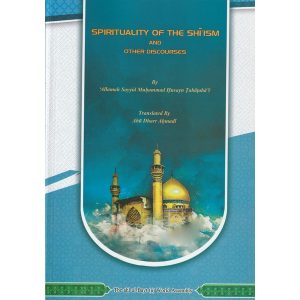
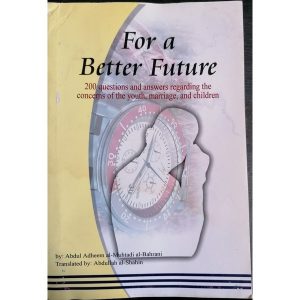


Reviews
There are no reviews yet.